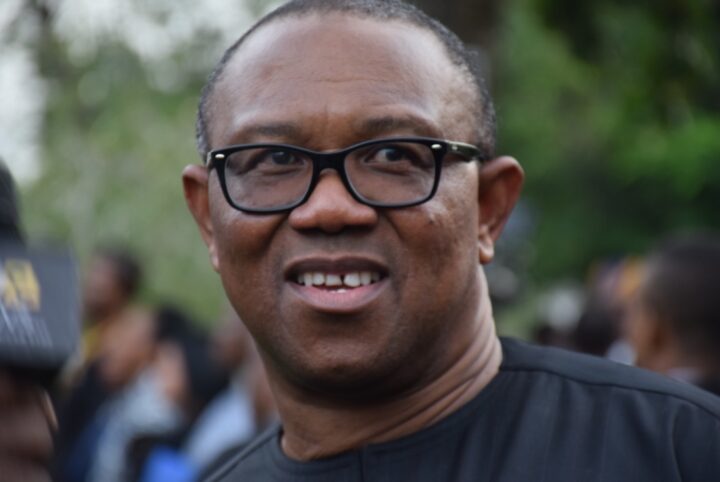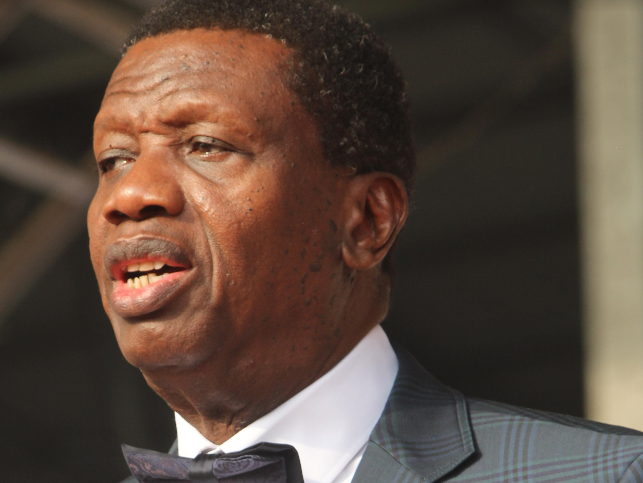BY SMART CHUKWUMA AMAEFULA
Nigeria is long known to be endowed with rich natural resources, including ubiquitous energy sources that come from both fossil and renewable energy. However, Nigeria’s energy poverty is still felt across regions and socio-economic spectrum of the nation. There is either lack of access to modern energy sources or there is the issue of having to cope with inadequate supply and poor quality.
Nigeria’s energy mix is predominantly fossil-powered. Consequently, about 95 million people in Nigeria are fully reliant on traditional firewood for cooking, with the attendant health implications. A large number, especially urban households rely mostly on generators for their electricity needs. The lack of access to energy is directly affecting livelihoods, lowering quality of life and hurting the economy.
Presently, oil and gas contribute over 90 percent of the nation’s foreign earnings and 70 pe cent of federal revenue. The energy sector is also the single largest source of greenhouse gas emissions, especially from gas flaring in the Niger Delta region. Consequently, a massive amount of energy is wasted by flaring gas.
On the other hand, due to Nigeria’s energy deficit, businesses in Nigeria are not maximising their potential, in terms of productivity and income generation. The worst hit of these situations are the Micro Small and Medium Enterprises (MSMEs). According to SMEDAN and the National Bureau of Statistics, there are over 37million (Micro-36,994,578, Small- 68,168, and Medium-4,670) enterprises in Nigeria and they account for more than 84 percent of jobs in the country. It is also estimated that MSMEs also account for about 48.5 percent of the country’s Gross Domestic Product (GDP) and about 7.27 percent of goods and services exported out of the country.
Advertisement
Regrettably, almost all these MSMEs power their businesses with generators in the face of erratic national power supply. Not only do these MSMES lose income generation, they are also highly and constantly exposed to various health dangers, associated with inhaling the fumes from the generators.
It is unfortunate that these MSMEs which operate one business or the other do not have reliable access to alternative energy, do not know about alternative energy, and those who know, complain of high cost of divesting to cleaner energy. Therefore, they are compelled beyond grave circumstances to operate their businesses, using the traditional fossil energy source that is dirty and poisonous. This is not to mention how the carbon from this fossil fuel contributes to global warming and changing our climate.
There is the need to intervene in the energy crises that have adversely affected the economy of Nigeria. There has not been enough nationwide concern on how small businesses in Nigeria can adopt a cleaner energy to run their businesses in a more sustainable and healthier way to their livelihoods, businesses and the environment.
Advertisement
A recent research conducted by Climate Transformation and Energy Remediation Society shows how MSMEs in Nigeria spend more money on purchasing, fuelling and maintaining their generators, in comparison with how much they do same on grid energy source and is using the report to drive a perspective for these MSMES in getting to know the consequences of using fossil-powered generators to run their businesses and the benefits of switching to a cleaner energy.
The women folk are also another population that is afflicted with the energy debacles of Nigeria, considering their struggles to survive in a country replete with inequality and in most cases, their dependence on micro businesses for their economic survival. According to SMEDAN, female entrepreneurs account for 43.32 percent in the ownership structure of microenterprises, as against 22.75 percent in small and medium enterprises. Therefore, allowing women ample access and putting them at the front burner of innovative technologies, such as renewable energy, both for consumption and trading will increase their socio-economic independence and restore their confidence for survival.
It is important to realise now that, more efforts need to be applied in investing in alternative energy, which is cleaner and sustainable to enable MSMEs in Nigeria decide a way forward on energy choice for their businesses, in order to save cost, save lives and save the environment.
The financial institutions should also see the need to woo willing investors in the renewable energy business, by providing them with credit facilities with flexible incentives on financing options for their investments and how the MSMEs can patronize the investors and pay without tears, unlike paying their NEPA bills with tears.
Advertisement
As the Federal Government of Nigeria is focused on meeting her pledges to the Paris Climate Agreement and in their bid to meet their plans and strategies in the Nationally Determined contributions (NDC) and the Economic Recovery Growth Plan (ERGP), to which divesting to renewable energy is one of the strategies listed on those very important policy documents, the question is, how much has the government been budgeting, releasing, backing and implementing from their budgetary allocations on constructing off-grid renewable power plants in strategic regions of the country to which businesses can use to run efficient businesses and contribute to Nigeria’s GDP growth?
It is very crucial now that robust policy and most importantly, implementations on renewable energy investment be conspicuously seen and felt through their annual fiscal policies. Doing so will also earn Nigeria some credit on a global level in keying into meeting Goals 3, 7 and 13 of the Sustainable Development (SDGs).
We are certain that adopting renewable energy solutions for Micro, Small and Medium Enterprises in Nigeria will be a win-win solution for them and the Nigerian enviro-economic sustainability.
If renewable energy is succeeding in other smaller African countries like Kenya, Tanzania and Uganda, why would it not also succeed in the country we claim to be “The Giant of Africa”?
Advertisement
Should we really mind if competition will drive Nigeria and these other smaller African countries to invest renewables?
It would be a shame if the “Giant of Africa” continues to suffer in energy poverty for her socio-economic activities, while those other smaller African countries rather become ‘the mouse that roared!’
Advertisement
Smart Chukwuma Amaefula is the president and CEO of Climate Transformation and Energy Remediation Society (CLIMATTERS)
Advertisement
Views expressed by contributors are strictly personal and not of TheCable.
Add a comment






